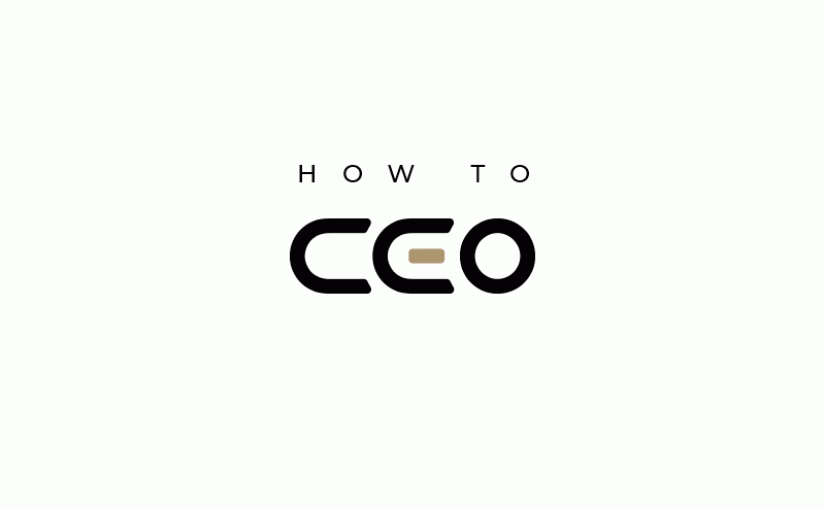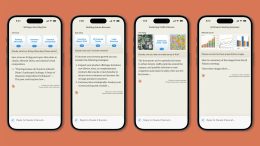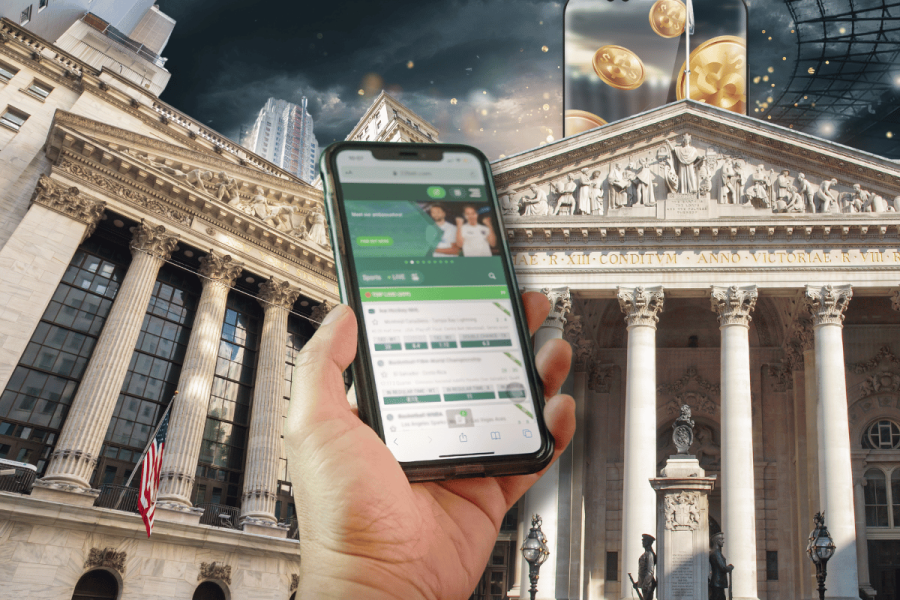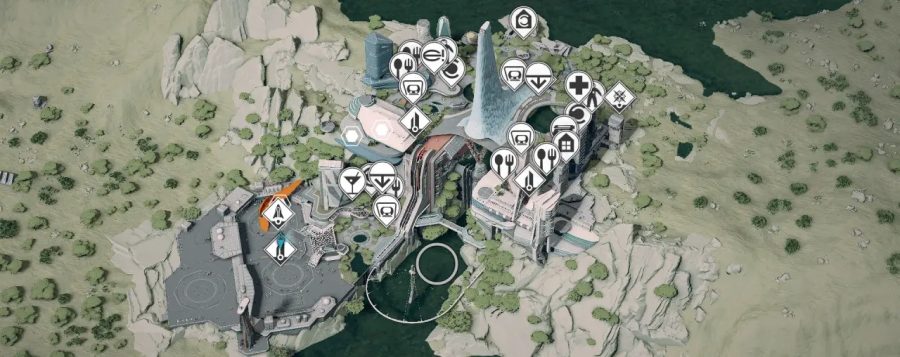The world has changed. You can crash and burn or you can get the right tools and information now and change your life, your business and the lives of your employees.
In this episode of How to CEO, I welcome Han Jin, the co-founder, and CEO of Lucid.
Han Jin and his partner created Lucid in 2015. Their company produces software and artificial intelligence. I invited Han Jin to talk about the various characteristics and skills that a CEO should have. Being a founder and CEO are two very different things and Han Jin helps us to differentiate both roles. He also shares his experiences and the challenges that he has faced switching back and forth between both of these vary complex roles over the past two and a half years.
Han Jin tells me at Lucid, “we have created software and artificial intelligence to capture 3D on mobile devices, or any device that has cameras.”
Every year we work toward becoming better CEO’s and building a better company and product. My co-founder worked in robotics and worked on at improving things in the robotics field for a few years. He really wanted to humanize and leverage only the software. This decision was before we met. After we met we decided to “productize” the software and make something that would be sellable to the masses.
I asked Han Jin how much money they have been able to raise for their company.
Han indicated to me that this is not much money — but it sounded rather great to me. 2.6 million he told me — but adds that they have been able to raise that sum up to seven or eight digits. Remarkable in the short three and a half year span that they have been building the company.
What does it take to do the fund raising and what does it take to grow a company?
“This journey has been a lot of personal growth and mental growth.” Han says that it really isn’t about the title of being a CEO. It’s much larger than that. Just the mindset takes more that the title says it is. Jin says that everyone should try to be the founder of their own company because of what you will learn.
You can grow your own company better that anyone else can do it. You’ll notice what you need to double or triple your company growth and revenue to address all of the requests for your product. Because you are right there at the top of your company you can see what has to be done and you do it. There is no waiting around for permissions or other help to come. You learn to grow yourself and your company at the same time.
Lucid now has over 50 people working in the company worldwide. Fantastc growth, but Jin says that he is not the perfect CEO yet. He explains to me how much growth there is in growing with your people and learning how to “do” that growth. “Hopefully as I go through all of the stages in building a company I’ll become better and wiser in our company I will be able to learn.”
What personality differences are there to being a 10k company or a 50k company?
Every scale and stage of a business requires a different skill set. You become a better employer and CEO with each year that you practice this job. You get much better at hiring — because you have to get the right people in your company that you can trust. As the founder, co-founder and CEO you have to have more trust in your employees as each year goes by. You can’t always be there to manage them — they have to handle the day to day business for you, wherever they are.
Do you find that your employees then bring in other people that join your company?
Yes, each of the employees that you have hire end up bringing in people that they know and you have to have trust in that process too. You have to start breaking down your business into units of work and sections of work. You have to decide who to put over each section of work. The heiarchy must also grow so that you can keep growing. Again — every stage takes a great amount of trust, time and money.
What is the hardest thing you have had to teach your employees?
I have had to teach my employees about making mistakes. I have had to tell them not to worry about making errors. I have to actually encourage the employees to make mistakes and not worry about those issues. They have to get better at their jobs and better at coming up with new ways to build their section of the business. The only way to get better at your job is to go through the mistakes. If you’re a “little off ” or not doing well as a CEO or a team member — that not too bad. But I have to train the team to be okay about errors and to get over it and move on. I train the team to handle the errors — because they will make mistakes.
You have been in business three and a half years. If you could go back and say something to yourself three and a half years ago, what would that advice look like?
In what ever job you decide to do in your business it’s best to learn that a founder and CEO are totally different jobs. They require different strengths and you will have different weaknesses. You have to ask yourself if you even want to be a CEO because this job is certainly not for everyone. It’s a difficult journey. I asked my dad about this topic. He told me that if you are going to be a CEO, you have to be good at three things:
- Fundraising.
- Recruiting.
- Seeing — having the vision and seeing the future of the company.
At one point I really struggled with funding raising. I went through 300 rejections in a row from the investors. I questioned myself and told myself if I wanted to be a CEO I needed to stop whining and stand up and be the best fundraiser there was.
Where do you see you growth coming from in the future?
I want to see a bigger picture and see ahead to a bigger market and to new markets that come along. Getting in to new markets and growth will be required if we are to keep growing. I take the example of Uber. They changed the entire taxi system. The founder just wanted to make his product and go home and he couldn’t. The app came and he had to keep going.
What questions do you ask yourself as a founder?
- Are you willing to grow and willing to learn?
- What will happen if you stop growing?
- What type of business are you trying to build? A lifestyle business, or a Google?
- What is your mindset?
Where do you go when you don’t have the answers you are searching for in your business?
Many people say to get an executive coach. I decided to seek out and find different adviors; these are paid advisors. The information that my advisors give is for the financial gains. But I have realized that many of the people that help me build Lucid, also care about the relationship. Many relationships in our company have become important with our coaches, mentors and adviors.
How do you find this sort of people?
Finding the right type of person goes back to any type of hiring or any type of finding. You will look for these people, but they will also begin to come to you for this work. You will look for the best of the best and these greats will usually be people who have gone through this startup up journey. They know what you are going through and what you need and they can help you. You need someone who has had a startup first of all. I look and keep an eye out for these people. We have been lucky to find individuals who care for our company, and also care about me and my co-founder personally.
Join me here for other How to CEO podcasts.










